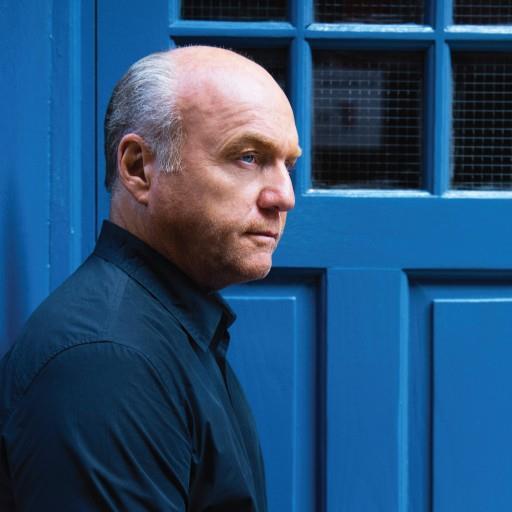
Most Popular
-
![5 Things I Wish I Knew When I Was Younger]() 5 Things I Wish I Knew When I Was Younger
5 Things I Wish I Knew When I Was Younger -
![A Prayer for the Strength to Forgive - Your Daily Prayer - April 16]() A Prayer for the Strength to Forgive - Your Daily Prayer - April 16
A Prayer for the Strength to Forgive - Your Daily Prayer - April 16 -
![How Do We Know if God Has a Sense of Humor?]() How Do We Know if God Has a Sense of Humor?
How Do We Know if God Has a Sense of Humor? -
![7 Scriptures to Help with Nightmares]() 7 Scriptures to Help with Nightmares
7 Scriptures to Help with Nightmares -
![7 Sneaky Idols Destroying Christian Marriages Today]() 7 Sneaky Idols Destroying Christian Marriages Today
7 Sneaky Idols Destroying Christian Marriages Today -
![A Prayer for Safe Travels - Your Daily Prayer - April 17]() A Prayer for Safe Travels - Your Daily Prayer - April 17
A Prayer for Safe Travels - Your Daily Prayer - April 17 -
![What We Can Learn from the Many Hispanic Protestant Churches Opening Across America]() What We Can Learn from the Many Hispanic Protestant Churches Opening Across America
What We Can Learn from the Many Hispanic Protestant Churches Opening Across America -
![Mark Driscoll Calls Out Megachurch over Controversial Sword-Swallowing Performance at Men's Event]() Mark Driscoll Calls Out Megachurch over Controversial Sword-Swallowing Performance at Men's Event
Mark Driscoll Calls Out Megachurch over Controversial Sword-Swallowing Performance at Men's Event -
![31 Powerful Morning Prayers to Start Your Day Encouraged]() 31 Powerful Morning Prayers to Start Your Day Encouraged
31 Powerful Morning Prayers to Start Your Day Encouraged -
![5 Reasons It’s So Hard to Cast Your Worries Aside]() 5 Reasons It’s So Hard to Cast Your Worries Aside
5 Reasons It’s So Hard to Cast Your Worries Aside
The Latest
Today's Devotional
A Prayer to Grieve with OthersWhen we witness pain, both our own or the pain of others, instead of trying to gloss over grief, let’s practice grieving with them.
Today's Bible Reading
Acts 8:1b-25; Deuteronomy 33-34; Job 20
Isaiah 61:11
11 For as the soil makes the sprout come up and a garden causes seeds to grow, so the Sovereign LORD will make righteousness and praise spring up before all nations.
Isaiah 61Today's Trending Headlines
- Criticized Men's Conference Showman Responds to Mark Driscoll, Says He Is a Christian
- Actors Alexa and Carlos PenaVega Mourn Their Stillborn Baby Daughter Indy: ‘In the Pain, We Have Found Peace’
- On Driscoll & Dancing: The Peril of Megachurches
- International House of Prayer to Close University, Reorganize Amid Abuse Allegations
- Mark Driscoll Calls Out Megachurch over Controversial Sword-Swallowing Performance at Men's Event
Crosswalk Recommends

The Refreshing Power of Prayer
Listen to Greg Laurie now on OnePlace.com
Around the Web




.jpg)
%20(2).jpg)





























































